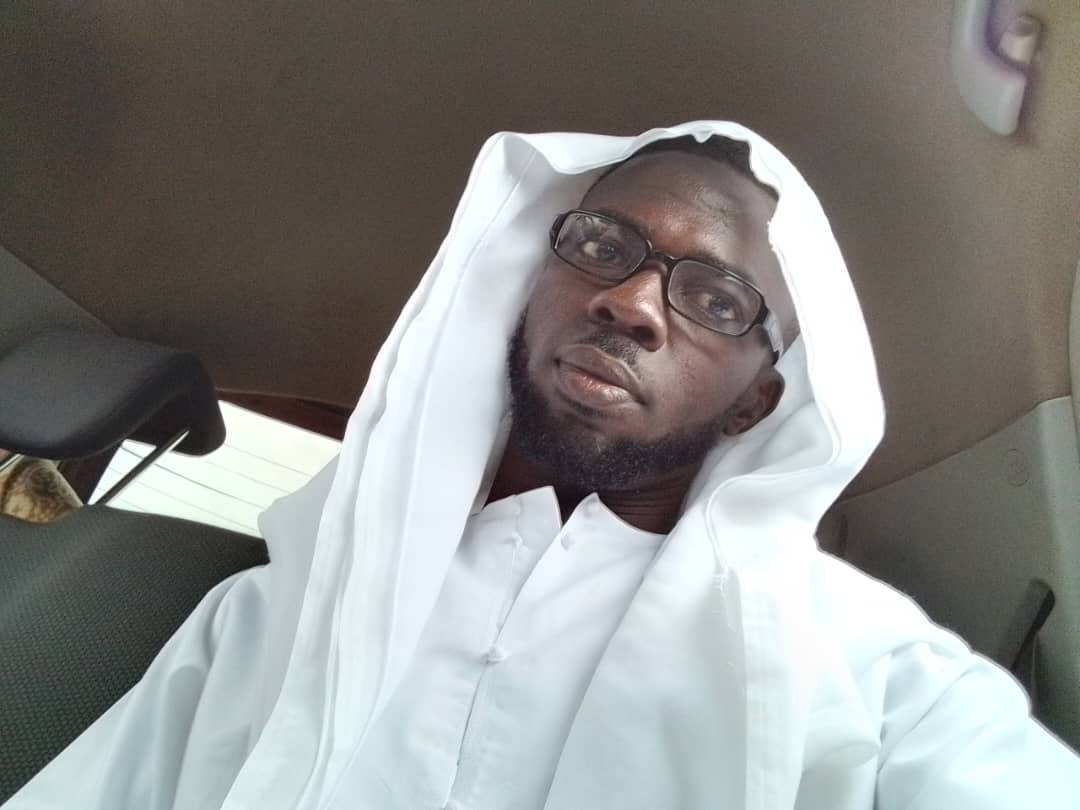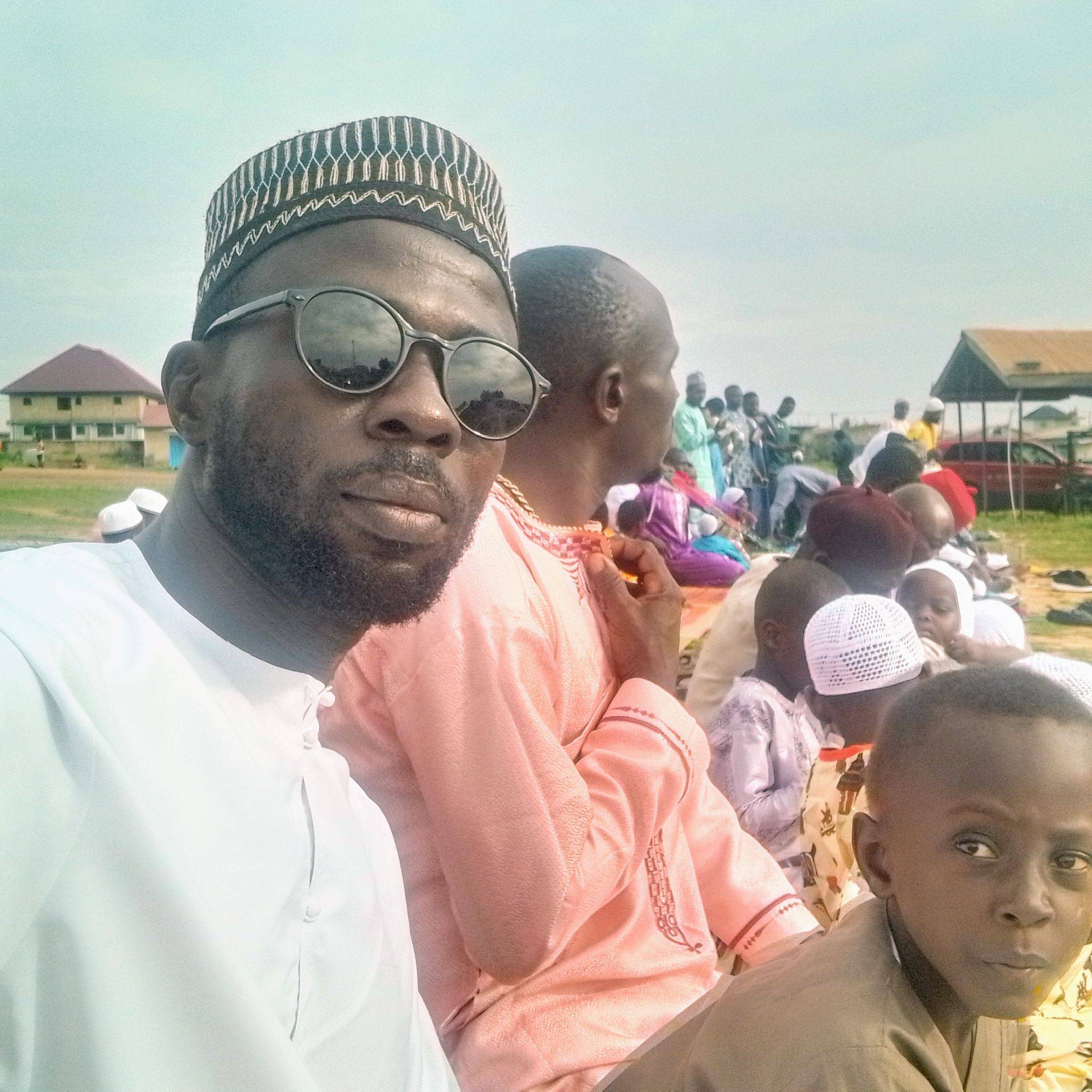The "Festival of Sacrifice,"
or Eid al-Adha, is a significant occasion for Muslims worldwide. It symbolizes
the conclusion of the Hajj trip. It honors the everlasting commitment of
Prophet Ibrahim (peace be upon him), speaks to God, and is observed throughout
the Islamic month of Dhul Hijjah. Eid al-Adha fell on June 17th, 2024, bringing
happiness and unity to Muslim communities across the globe.

Eid al-Adha is based on the tale of
Prophet Ibrahim. Ibrahim was told by God to sacrifice his most prized
possession. Ibrahim was ready to offer his son Ismail as a sacrifice with
unshakeable faith. Just as he lifted the blade, God stepped in and changed
Ismail into a ram. This deed represents Ibrahim's total surrender to God's
will.
This event is reflected in the major
Eid al-Adha ceremony, Qurbani, which involves the sacrifice of an animal,
usually a camel, sheep, goat, or cow. Next, a third of the meat is set aside
for the family. another third for friends and family, and a third for the less
fortunate. This sharing gesture highlights how crucial compassion and social
duty are in Muslim communities.
Although the fundamental customs
surrounding Eid al-Adha are universal, local festivities differ. The following
describes how Muslims celebrated Eid in 2024:.
Preparations: The days before Eid
were full of anticipation. Bright lights and colors were used to decorate
homes. Muslims cooked special meals like kebabs and biryani and baked desserts.
They also bought new outfits.
Eid prayers: Muslims get up early
on Eid morning to worship in special congregations in mosques or open spaces.
There was a spirit of harmony and spiritual rejuvenation in the air.
Sacrifice and Sharing: Many families took
part in Qurbani, following prayers. The animals were humanely sacrificed by
qualified individuals or local butchers, in accordance with Islamic law. After
that, the meat was given to friends, relatives, and others in need. Its dissemination
was made possible, in large part, by charitable organizations.
Feasts & Festivities: Family get-togethers
and festivities mark the auspicious occasion of Eid al-Adha. The aroma of
delectable cuisine filled homes as people exchanged gifts and shared meals.
Elders typically gave monetary gifts known as Eidi to younger generations.

Social Gatherings: Paying a visit to
friends, family, and neighbors was customary. The air was heavy with music,
laughter, and traditional games. Mosques frequently held social gatherings for
the community, encouraging a feeling of fraternity among Muslims.
Eid al-Adha 2024 celebrations
demonstrated how global Islam is. Muslims from all continents, from busy cities
to rural villages, united to honor this holy day. Hajj Pilgrimage: Thousands of
pilgrims who completed the Hajj in Mecca celebrated Eid in the holy city, with
special prayers and festivities held within the sacred precincts of the Kaaba.
Digital Connections: Social media platforms played a significant role in
connecting Muslims worldwide, enabling people to celebrate virtually despite
distances of travel. Interfaith Harmony: Muslims extended their hospitality to
people of other faiths, sharing Eid delicacies and exchanging greetings,
promoting interfaith understanding and communication.
The 2024 Eid al-Adha wasn't without
its difficulties. Certain families found it impossible to finance the
sacrifices associated with Qurbani. Additionally, the distribution of meat was
impeded in some locations by logistical challenges.
Nonetheless, Muslim communities showed
incredible tenacity. Charitable groups stepped up their efforts, providing
effective distribution networks and alternate avenues for Qurbani gifts. Making
the connection between families in need and donations was facilitated by social
media.
Beyond cultural barriers, Eid al-Adha
teaches us important lessons about humanity. It highlights the significance of
compassion, sacrifice, and faith.
Increasing Faith: Eid al-Adha is a
time to remember to have unshakeable faith and to obey God's will. It exhorts
Muslims to hold fast to their convictions and vows.

Sharing and Compassion: The Qurbani ritual
emphasizes the value of sharing and showing compassion to those who are less
fortunate. It creates a sense of community and encourages social
responsibility.
Eid brings families and communities
closer together, fostering unity and togetherness. It creates a chance to
celebrate common customs and beliefs while building social ties.
There is more to Eid al-Adha than just
parties and festivities. It's a call to action, encouraging Muslims and
everyone else to live a life that is full of selflessness, kindness, and
harmony all year long.




No comments yet
Be the first to share your thoughts!